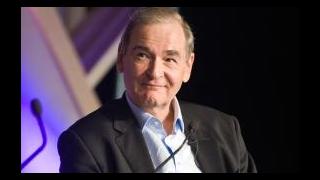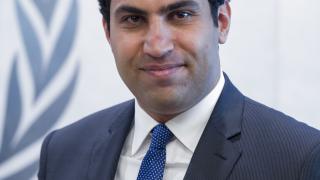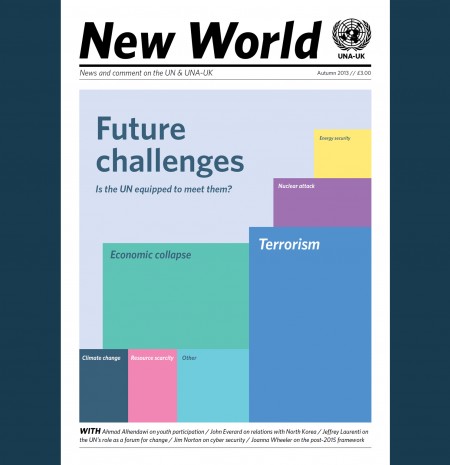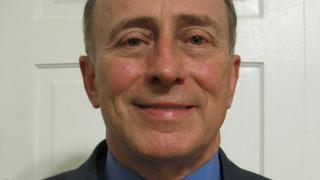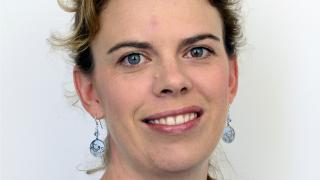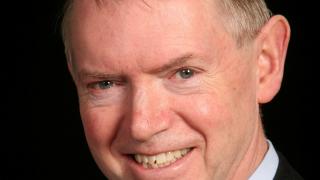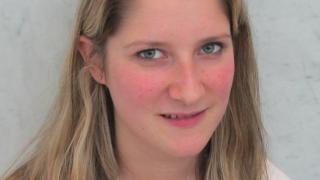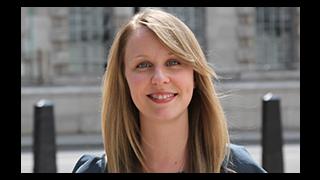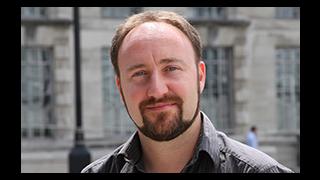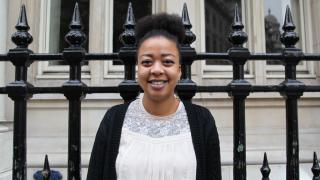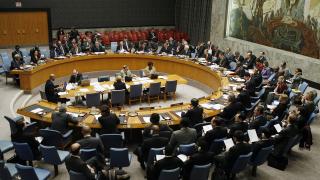Conversations around what should replace the Millennium Development Goals (MDGs) after 2015 are now well under way and the recent UN Special Event on the MDGs and Post-2015 was a significant milestone in the process.
For the Bond Beyond 2015 UK group - part of a global civil society campaign with 800 members in over 100 countries - the importance of listening to the most marginalised cannot be underestimated. If the post-2015 conversation is to be truly legitimate, civil society must be meaningfully engaged every step of the way. Negotiators must understand that unless the new framework is ‘owned’ by communities and people around the world who are directly affected by poverty and injustice, its impact will be limited.
The process is relatively complex, but there has been considerable effort to ensure that it is also consultative. In 2012, the UN Secretary General appointed a High-Level Panel on the Post-2015 Development Agenda, and with limited time and resources, there was a significant outreach effort. The panel’s report has been, for the most-part, well received by civil society. Whilst it could have been stronger on issues such as income inequality and human rights, many groups were able to identify their contributions in the document. An even wider consultation overseen by the UN Development Group meant that over a million people shared their views on ‘the world they want’.
Drawing on these and other inputs, the UN Secretary-General presented his report to the UN General Assembly (GA), ‘calling for a single, universal and coherent development agenda to end poverty and achieve sustainable development and economic growth’. This narrative has been supported by GA in its own Outcome Document, which sketches out the process between now and September 2015. The document calls for a single framework, which integrates the economic, social and environmental pillars of sustainable development. It also calls for goals to be ‘universal in nature and applicable to all countries’ and to promote ‘peace and security, democratic governance, the rule of law, gender equality and human rights for all’. The inclusion of some structural issues is a positive shift towards tackling both the root causes and the symptoms of poverty, something several Bond Beyond 2015 UK members have been calling for.
Over the next year, civil society will keep an eye on potential opportunities for engagement. The President of the GA will convene six events to “set the stage” for the post-2015 agenda. Alongside this are several processes that were agreed at the Rio+20 conference, such as the Open Working Group (OWG) on Sustainable Development Goals. The OWG is set to report by September 2014, though it is not yet clear how inputs from member states will be condensed into recommendations and how civil society will be involved.
For Beyond 2015, which held 39 national deliberations, the post-2015 framework must be underpinned by the four pillars of: human rights; equality & justice; environmental sustainability; and good governance, participation & accountability. In addition to these themes, development organisations call for a truly universal agenda, one that brings countries together in a common pursuit, but with different, respective responsibilities to act.
The ‘content-generation’ phase of the post-2015 process should come to a close at the September 2014 GA meeting. After that the Secretary-General will produce a report which synthesises the full range of inputs available. Member states will then enter a phase of intergovernmental negotiations, which will culminate in a summit in September 2015, when world leaders will gather in New York to agree a much-awaited set of new global development goals.
The process signals a paradigm shift in the way development is delivered – a way that is defined collectively and which empowers those who matter most. We fear that the voices of civil society and the most marginalised could become side-lined as the process progresses, and that some of the more politically sensitive issues could be dropped. As a result, the modalities of future meetings and negotiations are incredibly important, as is the willingness of governments to engage with civil society at national level. The challenges of poverty eradication and sustainable development require a bold new approach and it is only by working together, that we have a chance of achieving our objectives.
Helen Dennis is Senior Adviser Poverty & Inequality at Christian Aid and co-chair of Bond Beyond 2015 UK. Mariana Rudge is Post-2015 Advocacy Adviser at Bond. Bond hosts the ‘UK Hub’ of the Beyond 2015 campaign.

